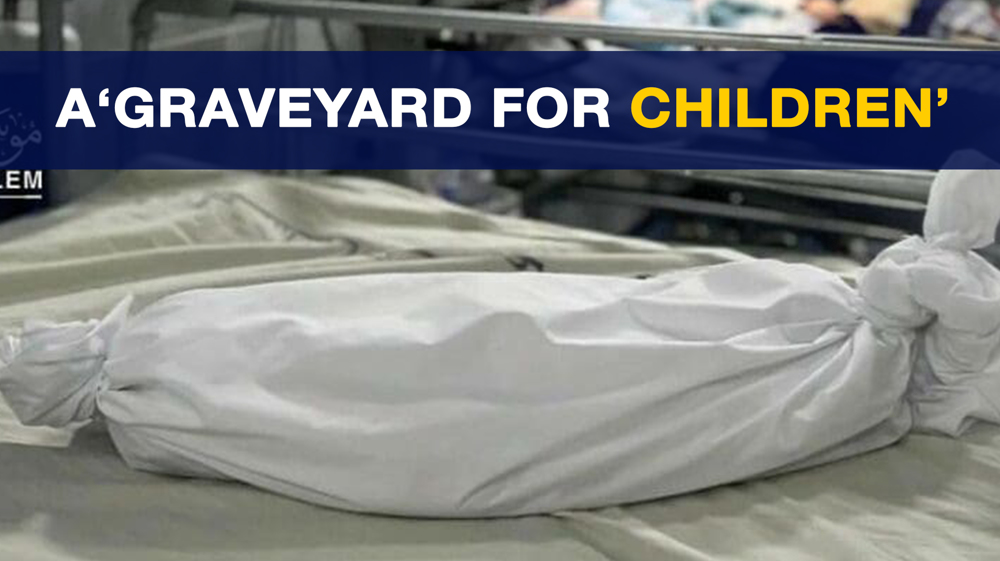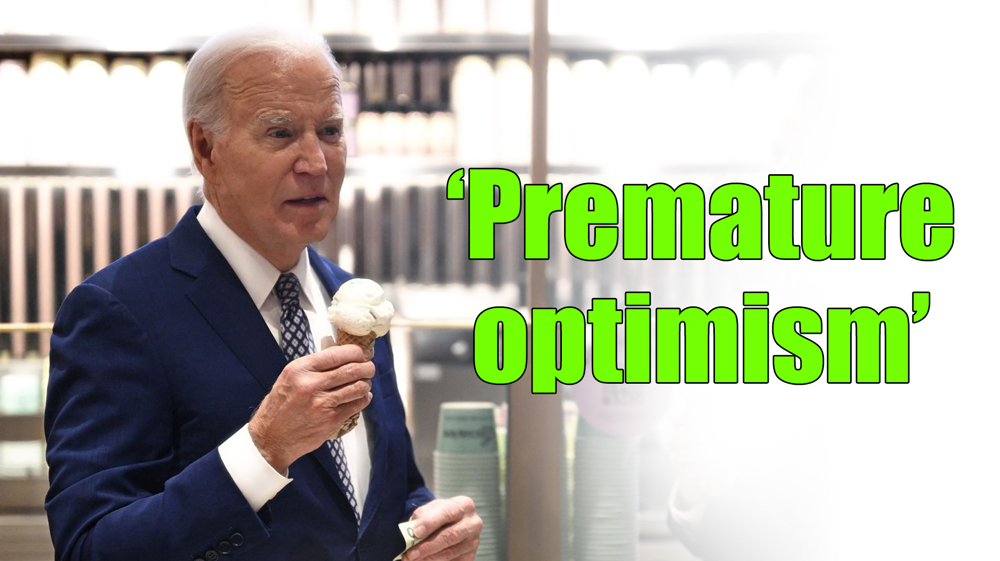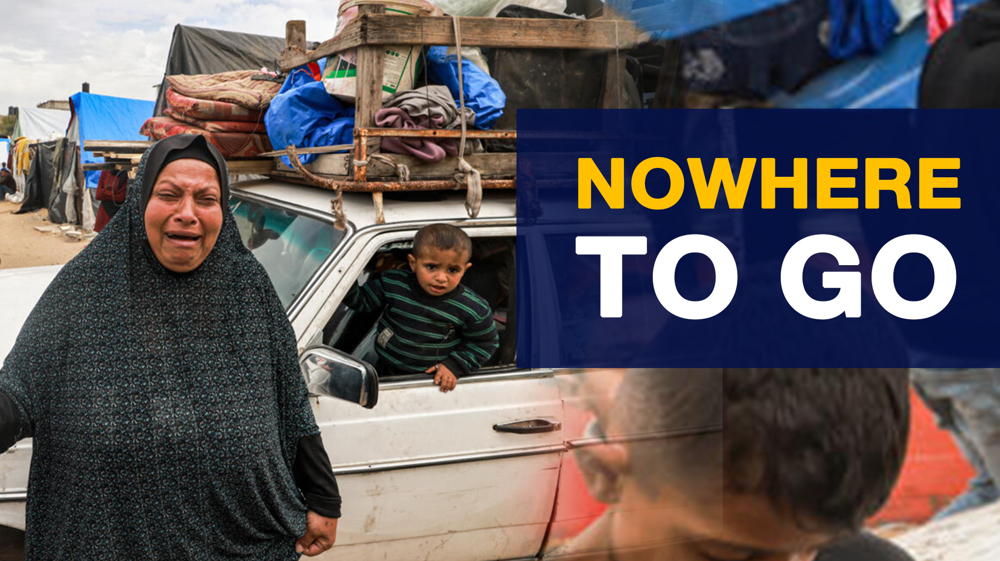Rise in US's anti-Iran rhetoric
These are the headlines we are tracking for you in this episode of On the News Line:
Rise in US's anti-Iran rhetoric
Tensions over the US anti-Iran measures continue with the Islamic Republic once again deploring Washington over the matter. Iran’s President Hassani Rouhani has warned the US against undermining the nuclear deal between Tehran and the P5+1 group of countries, saying Washington will suffer the most if the nuclear agreement known as the JCPOA is ditched. Earlier, Iran’s Deputy Foreign Minister said the nation will remain committed to its nuclear deal with the P5+1 group as long as the agreement safeguards Tehran’s interests. Abbas Araqchi condemned the latest US sanctions against Iran as a hostile act, saying the Islamic Republic will give a decisive response to the measures. Some observers believe that the administration of US President Doland Trump aims to push Iran into a corner and force it into quitting the JCPOA. Trump has on many occasions said he will not confirm Iran’s compliance with the nuclear deal forever. That would put a heavy strain on the agreement.
Iraq on verge of major political changes
After the defeat of Daesh in Mosul, the winds of change are now blowing through Iraq’s political scene. On July 24, Ammar al-Hakim announced that he was stepping down as the leader of the Islamic Supreme Council of Iraq (ISCI) to establish a new party. Soon after, news came in that Iraqi Prime Minister Haider al-Abadi would break up with his party to form Tahrir wal Benaa for the upcoming parliamentary elections. The Popular Mobilization Units is also reported to give up its armed role to run the elections. While divisions and resignations are rocking Iraqi major political scene, Sunni and Kurdish parties have not yet introduced a well-organized entity. Some analysts argue that the Arab country’s political landscape requires such drastic changes; however, many others believe unity and stability should be the country’s first priority.
Washington finalizes $500 million Venezuelan oil sale after illegal military intervention
Iran defense minister says US, Israel orchestrated riots, directed weapons, cash
Female ringleader confesses to contacting Netanyahu to fuel unrest in Iran
Iran’s judiciary rejects ‘fabricated news’ by hostile media about death penalty for rioter
VIDEO | Press TV's news headlines
British complicity in Israeli crimes in Palestine
Iranian forces at ‘highest level’ of readiness, says IRGC amid US threats
FM Araghchi censures US ‘meddlesome, provocative’ policies vis-à-vis Iran









 This makes it easy to access the Press TV website
This makes it easy to access the Press TV website